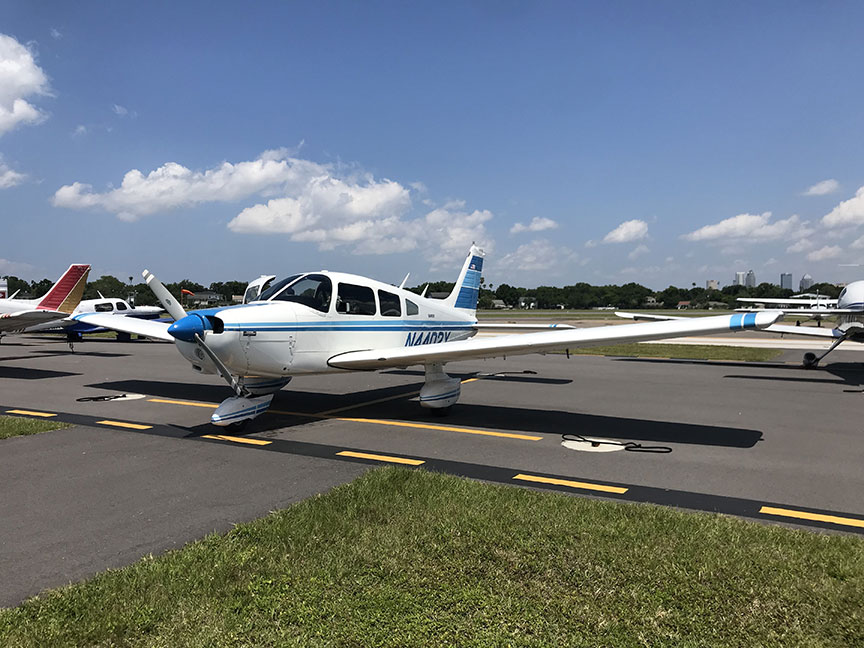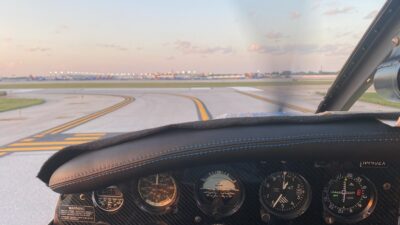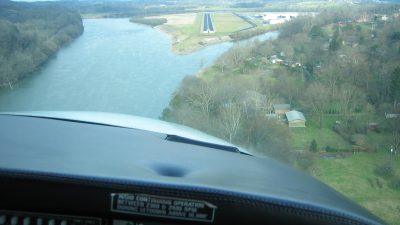Embarking on flight training is one of the most exciting journeys you’ll ever take, but it’s not without its challenges. For those dreaming of becoming a pilot, understanding what lies ahead can make all the difference. Here’s a closer look at some of the things I wish I’d known before I started flying.
1. How Long Does Flight Training Take?
Flight training isn’t one-size-fits-all. The time it takes to earn your private pilot certificate can vary widely, depending on your schedule, weather conditions, and how often you train. Most students finish in 6 to 12 months if they’re training consistently. Spacing lessons too far apart, however, can lead to skill regression. Consistency is key—frequent lessons not only keep your skills sharp but also save you money in the long run.
2. How Expensive Is Flight Training?
The cost of flight training can range from $8,000 to $15,000 or more for a private pilot certificate, depending on where you train, what type of airplane you use, and the school’s rates. Planning ahead financially can make the process smoother. Look into scholarships, financing options, or even part-time jobs at the airport to offset costs. Accelerated programs might seem appealing, but they require intense focus and a higher upfront cost.
3. What’s the Hardest Part of Flight Training?
It’s not the flying—it’s the preparation. Learning the procedures and mastering the knowledge needed to fly safely is where most students struggle. From preflight inspections to flight maneuvers and emergency procedures, there’s a lot to absorb before you even take off. Dedicate time to study and prepare before each lesson; the better prepared you are on the ground, the easier things will be in the air.
4. Where Do Most Pilots Struggle?
The written and oral exams can be major stumbling blocks. The oral exam, in particular, requires a deep understanding of regulations, weather, aircraft systems, and more. Examiners will ask detailed questions, and you’ll need to explain your answers clearly and confidently. Study guides and ground school courses are your best friends here—use them early and often!
5. What Is Flight Training Like?
Flight training is a mix of flying and studying. A typical week might include three days of flying and two days of self-study. Weather plays a huge role in scheduling, so be flexible. When conditions are good, take every opportunity to get in the air. Ground school and simulator training are also important pieces of the puzzle, helping you prepare for real-world scenarios.
6. Why Do So Many Students Drop Out?
The dropout rate for flight training is alarmingly high—about 80%. This often comes down to a lack of community, mentorship, or clear guidance. Finding a mentor or a supportive group of fellow students can make all the difference. Don’t go through this journey alone—lean on experienced pilots, join local aviation groups, and stay connected.
7. Is Landing Really That Hard?
Yes, landing is one of the most challenging—and rewarding—parts of flying. Even experienced pilots agree that every landing is unique. It takes time, practice, and a patient instructor to master. Remember, even Neil Armstrong struggled with landings during his Navy training, so don’t be discouraged if it takes a while to click.
8. Can I Work While Completing Flight Training?
While working during flight training is possible, it’s not ideal. Training requires a significant amount of focus, and juggling a job can lead to burnout. If you have to work, aim for a flexible schedule that allows you to prioritize flying. Better yet, plan your finances ahead of time and set aside savings to support you during your training.
9. What Skills Do Pilots Need Beyond Flying?
Being a pilot isn’t just about handling the controls. You’ll need strong time management, decision-making, communication, and problem-solving skills. Multitasking under pressure is a big part of the job, and flight training will help you develop these abilities. These skills aren’t just useful in aviation—they’ll benefit you in every aspect of life.
10. How Can I Stay Motivated During Training?
Flight training can sometimes feel overwhelming, but staying focused on your end goal will keep you going. Celebrate small victories, surround yourself with supportive peers and mentors, and take time to enjoy the process. Joining aviation communities—both online and in person—can provide a sense of camaraderie and encouragement when things get tough.
Bonus Questions
Do I Need Perfect Vision or Health?
No. If your vision can be corrected to 20/20 with glasses or contacts, you’re fine. While maintaining good health isn’t a formal requirement, staying fit will give you the stamina needed for long training days.
Do I Have to Become a Flight Instructor to Build Experience?
Not at all, but it’s a common path. Flight instructing is one of the fastest ways to build flight hours while earning an income. Plus, teaching others is a great way to solidify your own knowledge and skills.
How Can I Prepare Before Starting Training?
Begin studying for the written exam. There are plenty of online resources, apps, and books to get you started. Understanding basic aviation concepts before your first lesson will give you a head start and make the learning curve a little less steep.
Flight training is a demanding but incredibly rewarding journey. With the right preparation, mindset, and support, you’ll not only achieve your dream of becoming a pilot but also discover a lifelong passion for aviation. So buckle up, embrace the challenges, and enjoy the ride—it’s worth every moment.



